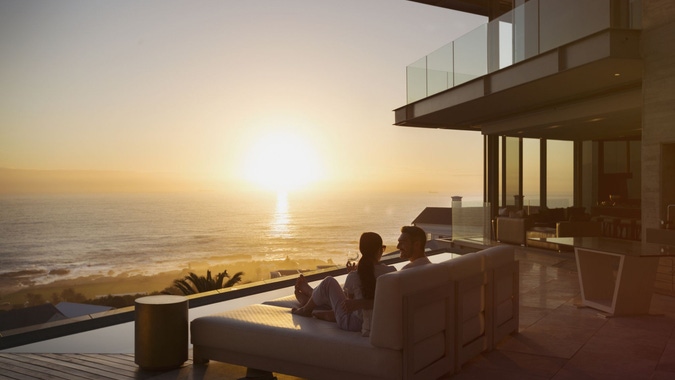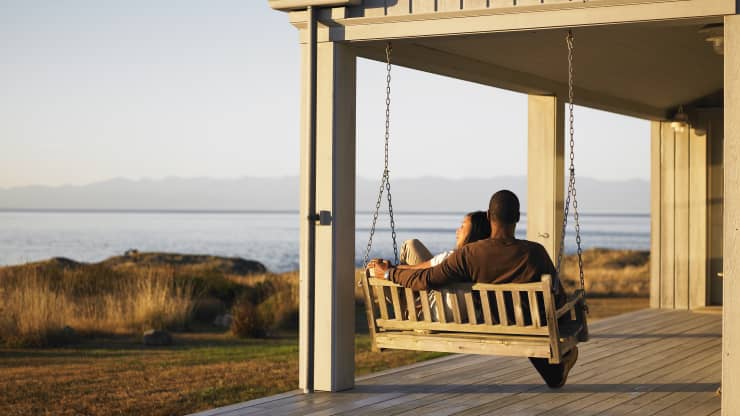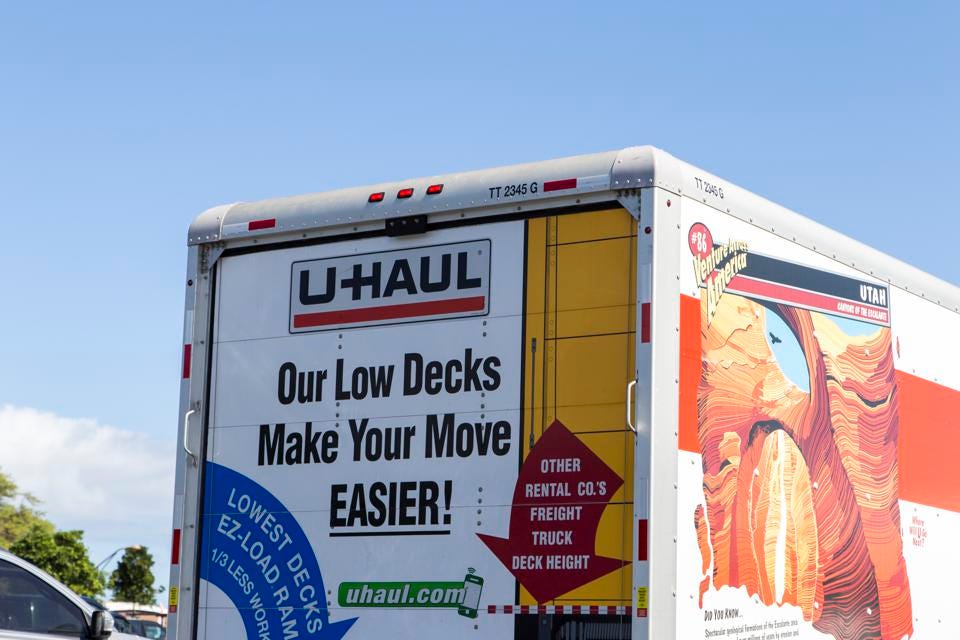
You may find yourself toying with the idea of purchasing a vacation home. A lakefront property or a beach getaway where you and the family can spend your summers. Or perhaps you are looking to make an investment and the main purpose of your second home will be to rent it out.
But have you considered all the different elements that come with owning a vacation home? Think of the security measures and the maintenance that will be required as you won’t always be occupying the property. Have you considered a noise detector for your vacation home or security cameras placed around the property? These are all things that you need to keep in mind.
1. Choose the location carefully

There are a lot of elements that come into play when picking the location for your second home. If the main purpose of the property is to be used as a family getaway then it will need to be in an area that is accessible for everyone and offers plenty of activities for all age groups. Think about the small children and elderly grandparents that you might be accommodating on your family vacations.
If your main motivation is profit then you should choose a location with numerous seasons of rental demand so you are not limited to only 3 months of the year (this is also likely to be the time that you will be wanting to make use of the home too).
2. Try before you buy

Before you commit, rent a place in the area that you are considering to be certain that it is the right choice. Stay for an extended period of time to make sure you do not get bored and perhaps stay more than once and try visiting in different seasons to truly get a feel for the place. You may like the idea of a secluded house outside of the town but in reality, you may find it to be a little too lonely and inconvenient.
3. Buy under budget

Do not let yourself fall into the trap of buying at the very end of your budget. A high monthly cost can cause you more stress than it is worth, and your vacation home can end up being the opposite of a vacation. Buying under budget ensures that you have some wiggle room to hire someone to care for the property or make any renovations that pop up unexpectedly. You can always upgrade to somewhere larger further down the line.
4. Understand the tax implications

Do not assume that you can apply the knowledge of your current property, second homes can be much more complicated. If you are going to rent out the property, then you will need to pay income taxes on the rental income you receive. Your property taxes may also run higher, either because the tax rate in the area is higher than where you currently live or because it is a second home and not your primary residence. A qualified real estate agent is the best person to consult regarding the taxes in the area and possibly even tips on ways to save, such as buying outside of the city limits.




